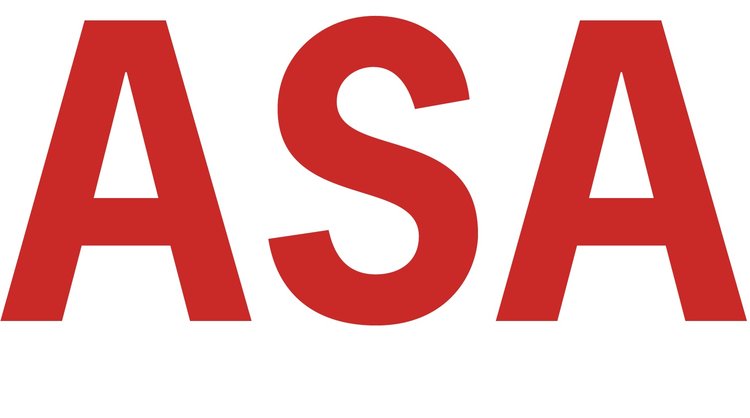Katia Vales discusses how advances in technology have not only brought countless benefits to humanity but have also infringed on people’s privacy. The author suggests that continuing to use technology to protect the very liberties that the same technology jeopardizes stands as a significant contradiction to the institutions of this country. While it may feel “justified” to use these invasive technologies because of criminal actions, it is vital to consider the bigger picture and think about what it means for citizens to exist in a state of continuous monitoring.
Read MoreSurveillance
An Ethical Approach to Big Data Surveillance
Shouyang Wang discusses the trade-off that has occurred between personal privacy and national security in the context of government surveillance programs in a post-9/11 United States. This paper argues that there is an ethical framework that the U.S. government can follow when conducting mass surveillance. The framework is based on various philosophical theories, constitutional rights, and judicial rulings to ensure an ethical and optimized balance between individual privacy and government monitoring.
Read MoreAn Ethical Approach to Big Data Surveillance
Shouyang Wang discusses the trade-offs between personal privacy and national security. Through the lens of various philosophical theories, constitutional rights, and judicial rulings, the paper examines how as the surveillance level goes up, the ethical constraints should gradually move from a consequentialist approach to a deontological one.
Read MoreThe Ethical Implications of Clearview as a Surveillance Tool
Zach Smithingell discusses the ethical implications of using facial recognition technology as a tool for surveillance. The author makes the case that any use of such extremely powerful technology, such as the product offered by the company Clearview AI, is inherently unethical and poses too many risks.
Read MoreThe Foreign Intelligence Surveillance Act of 1978
Reviews the history of FISA, from the foundations of enactment to amendments and decent debates, and how it reflect the system of checks and balances between the three branches of government.
Read More